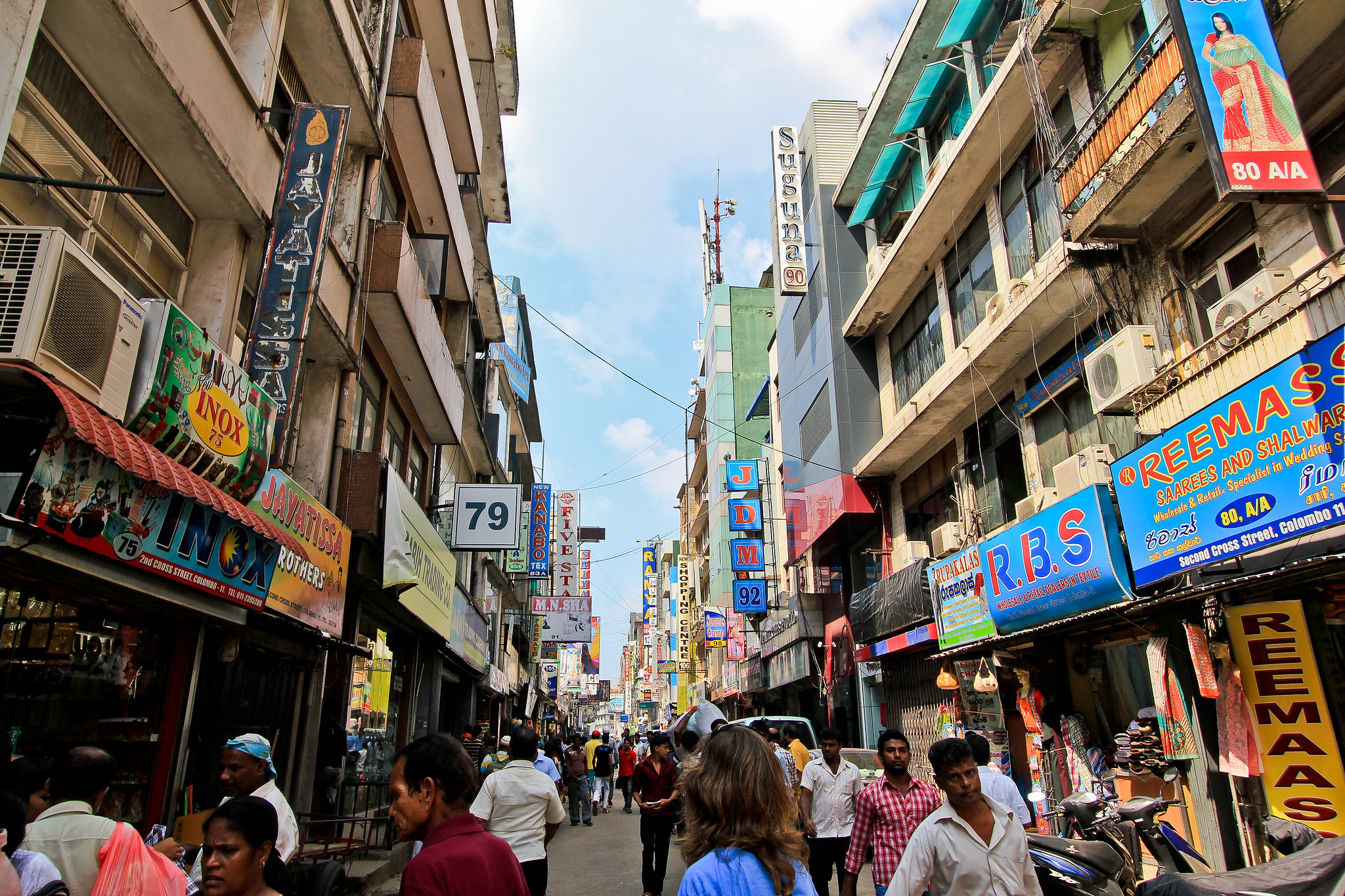COLOMBO (Parliament Politics Magazine) – To aid the nation in overcoming its greatest economic crisis since becoming independent from Britain in 1948, Sri Lanka has received a preliminary loan offer from the International Monetary Fund of $2.9 billion (£2.5 billion).
The money is intended to provide Sri Lanka some breathing room as it struggles to restructure roughly $30 billion in debt to countries including China, India, and a number of international banks.
In May, Sri Lanka experienced its first-ever international debt default. The nation has been struggling with high inflation, which recently surpassed 64%, as well as a shortage of food, fuel, and medicine, which sparked widespread protests in the spring.
These protests led to fatal clashes on Colombo’s streets and forced Mahinda Rajapaksa to resign as prime minister.
Due to the Covid pandemic and the resulting decline in tourism, Sri Lanka’s economy has suffered a large blow. That led to a decrease in income earned in foreign currencies and an increase in debt, which was made worse by the rise in global commodity prices brought on by the Ukraine war.
The leadership of the Washington-based IMF must still ratify the deal, which depends on Sri Lanka carrying out a number of previously agreed-upon steps.
Reuters reported, Peter Breuer, top IMF official told reporters in Colombo that the staff-level agreement was merely the beginning of a long journey for Sri Lanka. Authorities had already started the process of reform and that must be continued with determination.
The Sri Lankan government will be required to commit to a four-year programme comprising significant tax changes, such as expanding the application of corporate income tax and VAT as well as increasing the progressiveness of personal income taxes.
The programme aims to enhance social expenditure, implement new fuel and energy tariffs, give more independence to Sri Lanka’s central bank, and replenish the country’s depleted foreign currency reserves.
The majority of the nation’s $19 billion in sovereign bonds, which are currently in default, are held by foreign banks and asset managers, thus the country still needs to reach agreements with them.
Japan has offered to take the lead in negotiations with Sri Lanka’s other principal creditors, notably China, which has made investments there as part of its Belt and Road programme, and India.
China has been able to increase its global influence by investing in over 70 nations thanks to Beijing’s strategy, which is frequently referred to as a modern-day silk road. This includes Sri Lanka. It has aided nations in Asia, Africa, and eastern Europe in developing ports and railroads that connect to China, but frequently leads to governments incurring significant debt to Beijing.
China’s approach to loan defaults is causing rising worry throughout the developing world, and Beijing is generally anticipated to demand preferential treatment in talks with Sri Lanka.
Breuer reportedly remarked, if creditors were not ready to give assurances, it would aggravate Sri Lanka’s crisis and weaken repayment capacity adding that it was in the best interest of all creditors to cooperate.






